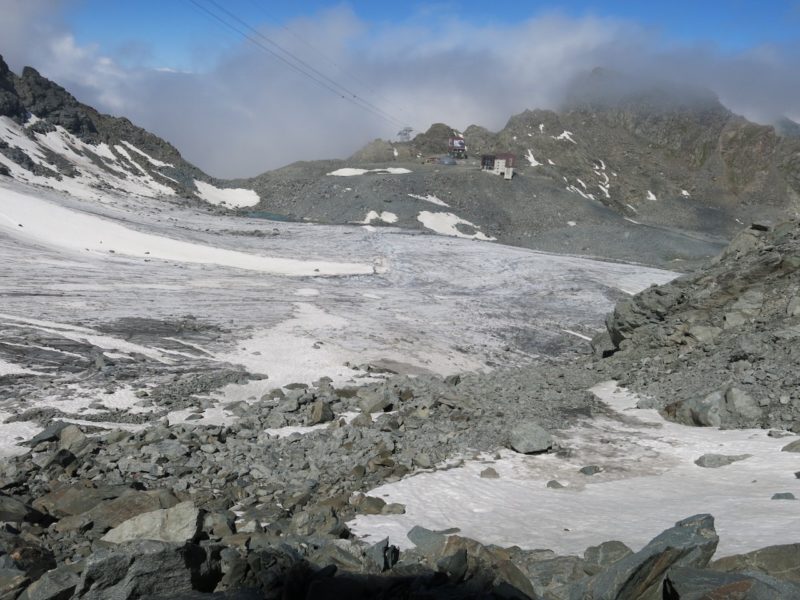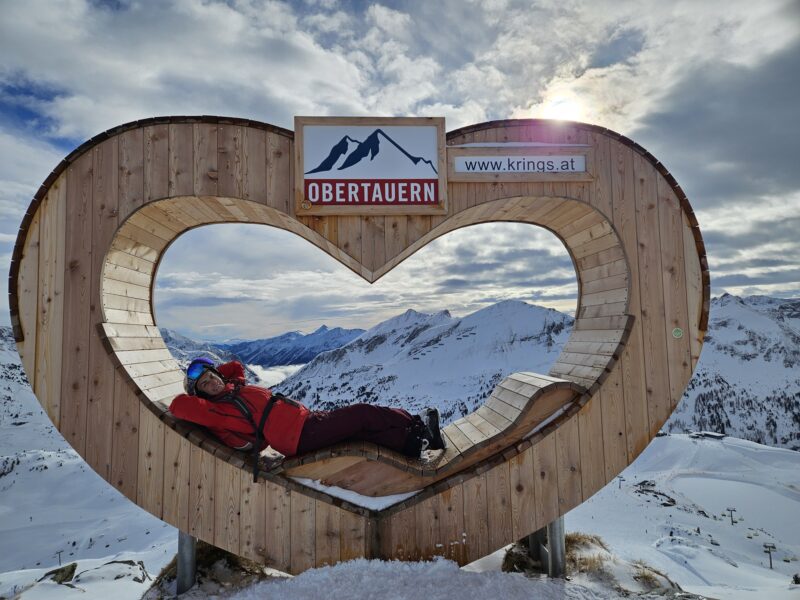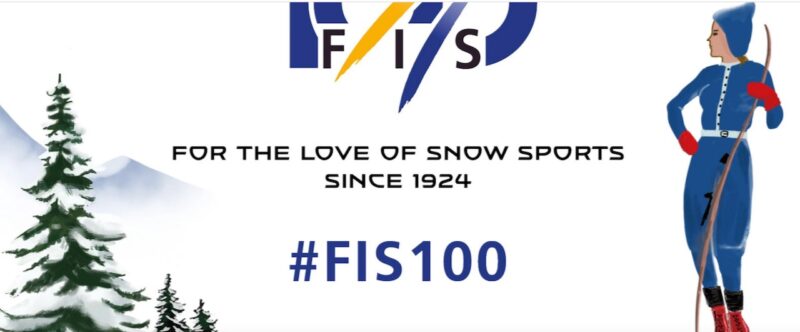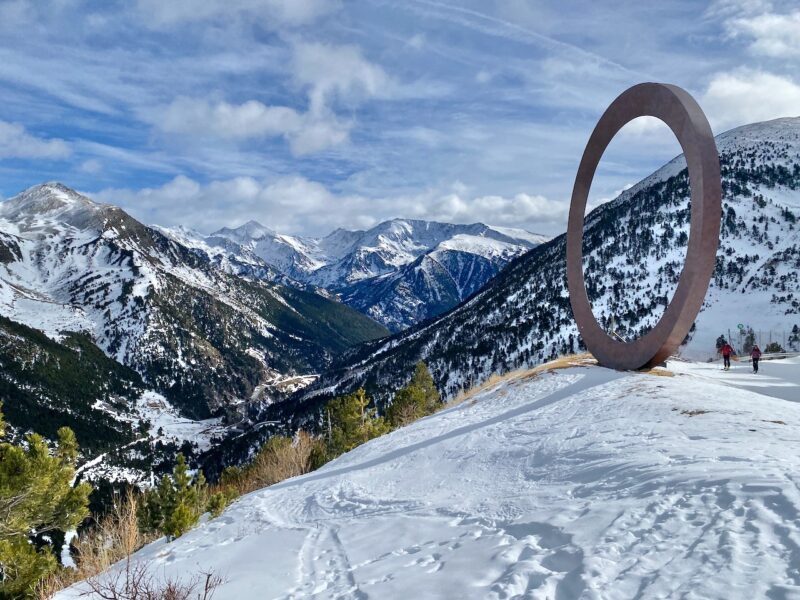Changes for UK Travellers Heading to Europe from January 1st
29th December 2020
Last modified on May 13th, 2021
Skiers and snowboarders will notice some changes on how people from the UK can cross borders. There are alterations to many rules as Brexit begins.
It is a complex picture, and it remains to be seen how the new rules are interpreted and implemented.
One thing is for certain – it will create much more paperwork & bureacracy, and will limit people’s option to travel in Europe.
Whether to the mountains or other parts of the continent.
At the moment it is rather academic as much of the UK in under Covid-19 restrictions that ban travel overseas.
However when the restrictions on foreign travel are lifted there will be different rules in place.
Some issues have not been decided and no doubt the rules will change either through European Council directives or EU countries implementing their own rules for British visitors.
We wrote about the subject earlier this month, but changes have been made and there is now a trade deal between the UK and the EU.
See here for full travel advice on Gov.uk
UK ski companies are resigned to the fact that travel to ski resorts is unlikely to happen any time soon and that the short term prospects for this season are not good.
And that is putting it mildly.
The sensible ones are looking ahead to the season of 2021/2022.
Here are our answers to some Frequently Asked Questions on the rules from 1st January:
How long can I go to the EU for?
You can stay for up to 90-days in any rolling 180-day period.
If you make multiple trips in the winter (like us at PlanetSKI) they will have to be limited and if you wish to be able to visit Europe in the summer, you will need to do the maths carefully.
There will likely be plenty of additional paperwork for people that are used to going backwards and forwards many times.
Individual countries may introduce their own exemptions as time goes on.
There are also long-stay visas available from some EU and Schengen countries, including France and Italy.
Whatever the final outcome it is not good news for those that make multiple trips to Europe.
The 90-day rule applies to people with second homes in mountain areas of Europe.
Bulgaria is an exception and if you ski in Balkan country the time you spend there will not count in your 90-day allowance for EU countries.
From 2022 UK nationals will have to pay for a visa-waiver scheme.
The permit comes under the the European Travel Information and Authorisation System, ETIAS.
It is a light-touch visa, akin to the ESTA used by the USA.
It will cost €7 (£6) for a three-year permit.
The 90/180 rule will continue to prevail – limiting the amount of time that can be spent in the Schengen Area.
What if I break the rules?
In general travellers are given a grace period of three days.
Any longer than that and they are likely to be handed an entry ban for one year.
This applies throughout the Schengen Area – not just the country in which you overstayed.
Will I need a new passport?
No.
Your current passport will be valid as long as it is less than 10 years old and has six months left before it runs out.
What about health insurance?
All European Health Insurance Cards, EHIC, issued before the end of 2020 will be valid until their expiry date.
The EHIC lasts for five years.
After that, the UK will issue a new card called the UK Global Health Insurance Card (GHIC), but there are no further details yet on how to obtain it.
Like EHIC, the new card will cover chronic or existing illnesses and routine maternity care as well as emergencies.
We advise every skier to get full travel insurance, but many policies will not cover Covid-19 if they go against government advice and travel to a country that is not recommended.
Retaining the EHIC status is a significant and welcome development.
Which queue will I need to use at passport control?
You’ll no longer be able to use EU fast-track passport control and customs lanes.
When you arrive in an EU country (except Ireland) be prepared to show your return ticket.
You could also be asked to prove that you have enough money for your stay.
At present, all that a border official can do is to check the travel document is valid, and that it belongs to you.
From 1 January 2021, the official is required by EU law to conduct deeper checks.
They may ask for the purpose of the visit; where you plan to travel and stay; how long you intend to remain in the EU and whether you constitute a threat to public health.
Also be careful with your snacks and sandwiches: travellers will not be able to take meat, milk or products containing them from the UK into EU countries.
There is an exemption for powdered infant milk, infant food, and special foods required for medical reasons.
Will I face mobile phone roaming charges?
The guarantee of free roaming throughout the EU, Iceland, Liechtenstein and Norway ends.
The four main UK operators have said they have no plans to reintroduce roaming fees.
The EU and the UK agreed to cooperate on international mobile roaming, but there is nothing in the new post-Brexit trade agreement that would stop travellers being charged for using their phone in the EU and vice versa in the future.
The UK government has passed laws to protect customers.
These include:
A £45-a-month cap on using mobile data abroad (then you must opt-in to use more).
Requirements for customers to be informed when they’ve reached 80% and 100% of their data allowance.
Will I be able to drive in Europe?
Yes, but you’ll need to take your driving licence, log book (V5C) and valid insurance documents.
You will still be able to use the UK driving licence and will not need an International Drivers Permit.
UK driving licences will be valid in Norway, Switzerland, Liechtenstein and Iceland as well.
You will need a ‘Green Card’ – an official, multilingual translation of your car insurance that demonstrates you meet the minimum cover requirements for the country you’re visiting.
The UK government says: “You should plan to carry one for the vehicle you’re driving in the EU, EEA, Switzerland, Serbia or Andorra, from 1 January 2021. This includes driving in Ireland.”
Are pet passports still valid?
If you take your powder hound with you to the mountains then pet passports issued in Great Britain will not be valid for travel to the EU.
From 1 January 2021 pet owners will need an animal health certificate, AHC.
AHCs will be issued by a vet, will be valid for four-months and must be obtained 10 days before travel.
AHCs will be valid for a single trip into the EU, onward travel within the EU and re-entry to Great Britain.
Your pet must have been microchipped and have had a rabies vaccination.
Can I bring goods back to the UK?
You will be able to bring back 4 litres of spirits or 9 litres of sparkling wine, 18 litres of still wine and 16 litres of beer.
You can also bring in 200 duty-free cigarettes.
If you exceed any of these limits, you will pay tax on the whole lot.
There is a limit of €430/£390 – for all other goods so be careful if you buy ski equipment or clothing in resort as you will quickly go over the limit.
Can I still work in Europe – whether as a ski instructor, for a UK tour operator or in a bar/restaurant?
This remains a complex area.
There will be no automatic system of mutual recognition of professional qualifications.
People will often have to apply to individual countries to try to get their qualifications accepted, with no guarantee of success.
There is a framework in the recent trade deal for the UK and EU to agree on mutually recognising individual qualifications, but that’s weaker than what professionals have now.
The European Commission has said that recognition decisions made on qualifications obtained in the UK before Brexit are not affected.
The UK has reached agreements on citizens’ rights with the 4 EFTA countries (Iceland, Liechtenstein, Norway and Switzerland).
These agreements include recognition of professional qualifications.
The area is of huge significance to ski instructors and other professions that require qualifications like chefs and tour guides.
Many who currently work in EU countries will have registered themselves ahead of Brexit beginning and should have their qualification recognised.
The automatic right to the free movement of labour ends but measures may, or may not, be put in place.
With regard to other jobs the short answer is ‘No’ as the free movement of labour ends, but it is expected new rules and regulations will be put in place to allow some people, perhaps those under 30, to work and ‘do seasons’ in ski resorts.
It is an area we will be looking at in more detail shortly.
For clarification, the Schengen Area comprises all the EU countries except Bulgaria, Croatia, Cyprus, Ireland and Romania – plus Andorra, Iceland, Liechtenstein, Norway, San Marino, Switzerland and the Vatican City.










